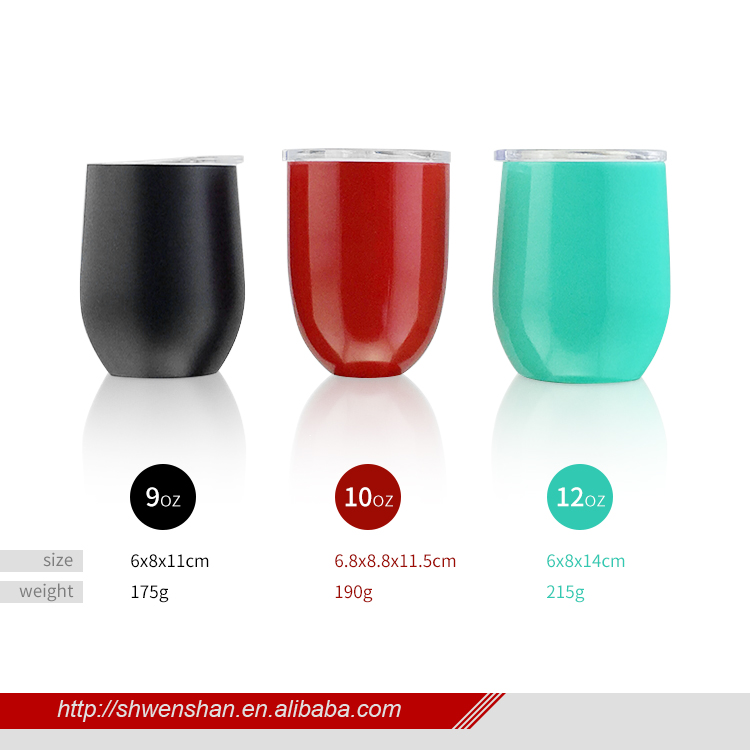

When you think about a quick coffee fix, chances are you envision yourself grabbing a cup from your favorite café. Whether it's a frothy cappuccino or a strong espresso, the vessel that holds this liquid gold is often overlooked. Yet, these plastic coffee cups, especially those purchased in bulk, play a significant role in our daily lives and the environment.
Plastic coffee cups have become a staple in modern society due to their convenience. Unlike their paper counterparts, plastic cups are sturdier, offering better insulation and reducing the risk of spills. This makes them a popular choice for busy coffee shops and commuters alike. Additionally, the ability to purchase plastic coffee cups in bulk makes them an economical option for businesses, large events, and even households that entertain frequently.
However, this convenience comes with a hefty environmental price tag. Each year, billions of plastic coffee cups are used globally, contributing to a significant waste problem. These cups are often made from a combination of plastic and other materials, making them difficult to recycle. As a result, a large percentage end up in landfills or, worse, in our oceans.
The production of plastic coffee cups also poses environmental challenges. The manufacturing process relies heavily on fossil fuels, and the chemicals involved can be harmful to both the environment and human health. When these cups are discarded improperly, they break down into microplastics, which can contaminate soil and waterways, affecting wildlife and potentially entering the human food chain.
One of the most concerning aspects of plastic pollution is its impact on marine life. Plastic coffee cups, along with other plastic debris, are often ingested by sea creatures. Turtles, fish, and birds mistake these items for food, leading to blockages in their digestive systems, starvation, and often, death. Furthermore, the presence of plastics in the ocean disrupts ecosystems and can cause long-term damage to marine biodiversity.

The good news is that awareness of the plastic waste problem has led to innovative solutions and alternatives. Many companies and consumers are seeking ways to reduce their reliance on single-use plastics. Here are a few noteworthy efforts:
1. Biodegradable and Compostable Cups: Several companies are now producing biodegradable and compostable coffee cups. These cups are designed to break down more quickly and safely in the environment, reducing their overall impact. While not a perfect solution, they represent a step in the right direction.
2. Reusable Cups: The popularity of reusable coffee cups has soared. Made from materials such as stainless steel, glass, and durable plastic, these cups can be used repeatedly, significantly cutting down on waste. Many coffee shops offer discounts to customers who bring their own cups, incentivizing this eco-friendly practice.
3. Recycling Programs: Some businesses are implementing recycling programs specifically for coffee cups. By setting up designated recycling bins and working with recycling facilities that can handle mixed-material cups, they aim to ensure that more cups are properly processed and kept out of landfills.
While businesses and governments play a crucial role in addressing plastic waste, consumers also have significant power to drive change. Here are a few steps individuals can take:
Choose Reusable Cups: Invest in a good-quality reusable coffee cup. Not only will you reduce waste, but many coffee shops offer discounts for bringing your own cup.
Support Eco-Friendly Brands: Patronize cafes and companies that prioritize sustainability. Look for those that use biodegradable cups or have robust recycling programs.
Buy in Bulk Wisely: If you must buy plastic coffee cups in bulk, look for options that are made from recycled materials or are recyclable themselves. Ensure you have a plan for proper disposal.
The journey of plastic coffee cups from production to disposal highlights the need for more sustainable practices. As we move forward, it's crucial that innovation continues to lead the way. Researchers and companies are exploring new materials, such as algae-based plastics and other renewable resources, that could revolutionize the industry.
Furthermore, societal attitudes towards waste and sustainability are evolving. Younger generations, in particular, are more environmentally conscious and demand greener options. This shift in consumer behavior is likely to accelerate the adoption of sustainable practices and products.
Plastic coffee cups, especially those bought in bulk, symbolize the intersection of modern convenience and environmental responsibility. While they offer undeniable benefits in terms of practicality and cost, the environmental impact cannot be ignored. By embracing reusable alternatives, supporting sustainable brands, and making conscious choices, we can enjoy our beloved coffee while also protecting the planet. The next time you reach for that plastic cup, consider the journey it will take and the legacy it leaves behind. Together, we can make a difference, one cup at a time.
Email cannot be empty
Password cannot be empty
Email format error
Email cannot be empty
Email already exists
6-20 characters(letters plus numbers only)
The password is inconsistent
Email format error
Email cannot be empty
Email does not exist
6-20 characters(letters plus numbers only)
The password is inconsistent